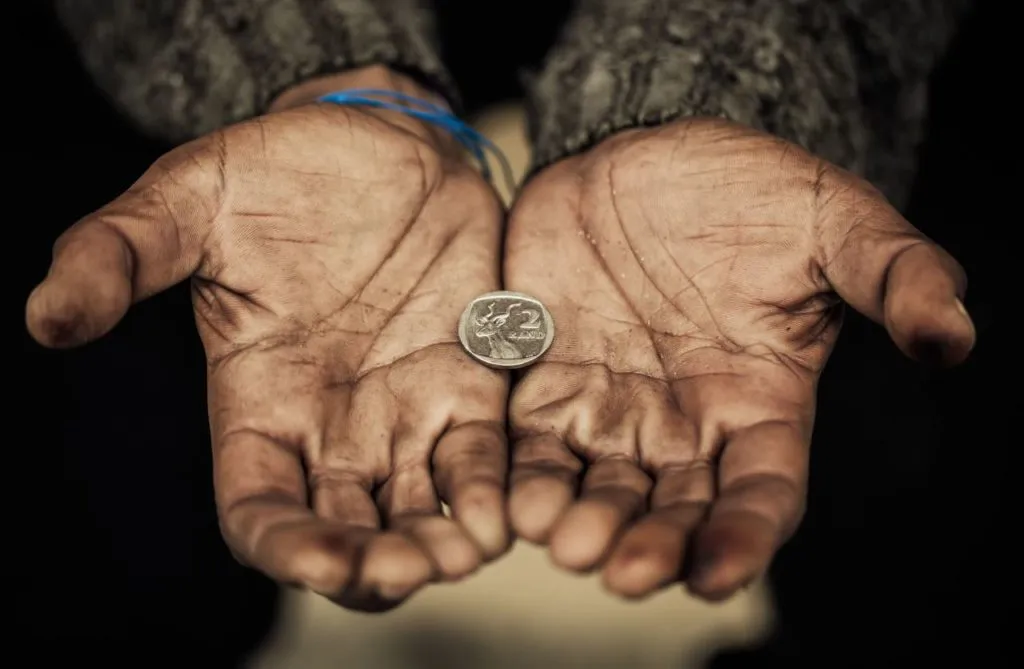
source
Text:Proverbs 19:17
When you give to the poor, it is like lending to the Lord, and the Lord will pay you back.(Good News translation)
Who really cares about the poor? God does and when God is serious about something, then those of us who claim to follow him need to take it pretty seriously too. So, for us helping the poor isn‘t optional, it's who we are. Everyone of us wish and want to help the poor, we even make it one of our top reasons for desiring great wealth, but that is the easy part. The bigger challenge is actually going ahead to help the poor. But to really address the problems of the poor we should first of all ask ourselves "What works and what doesn't?"
The word of God does not make light of helping the poor, it tells us in
Text:1John 3:17
"lf anyone has material possessions and sees his brother in need but has no pity on him, how can the love of God be in him?"and in Deuteronomy 15:11 God admonished the Israelites well ahead of their new settlement in Canaan by saying that "There will always be poor people in the land. Therefore I command you to be openhanded toward your brothers and toward the poor and needy in your land."
Sometimes the only way to help the poor is to give them something. A starving person or child needs food, now without it they will die. This is charity and it is the most obvious response to the poor, but charity has its limits. When charity continues after the crisis has passed, it makes the recipient helpless. Getting too much charity for too long robs a person of motivation and the will to provide for self and others.An excess of charity rapidly becomes a curse, so the goal of charity is not to give, but to restore the dependent person to independence and interdependence.
After giving, we must take the further step to empower poor people to become disciples of economic independence through education and training in essential matters of health, agriculture, business, and faith. if we don't teach the poor how to care for themselves, make their own resources productive, plan for their own future needs and opportunities, and embrace in their own hearts ethical Christian principles of diligence, thrift, and stewardship, then we have really not given them nothing of lasting value.
While providing charity and emergency assistance to the poor, we need to balance it with a strong emphasis on imparting the disciplines of a positive productive life into the hearts of those we are helping, so that they do not perpetually remain a burden.